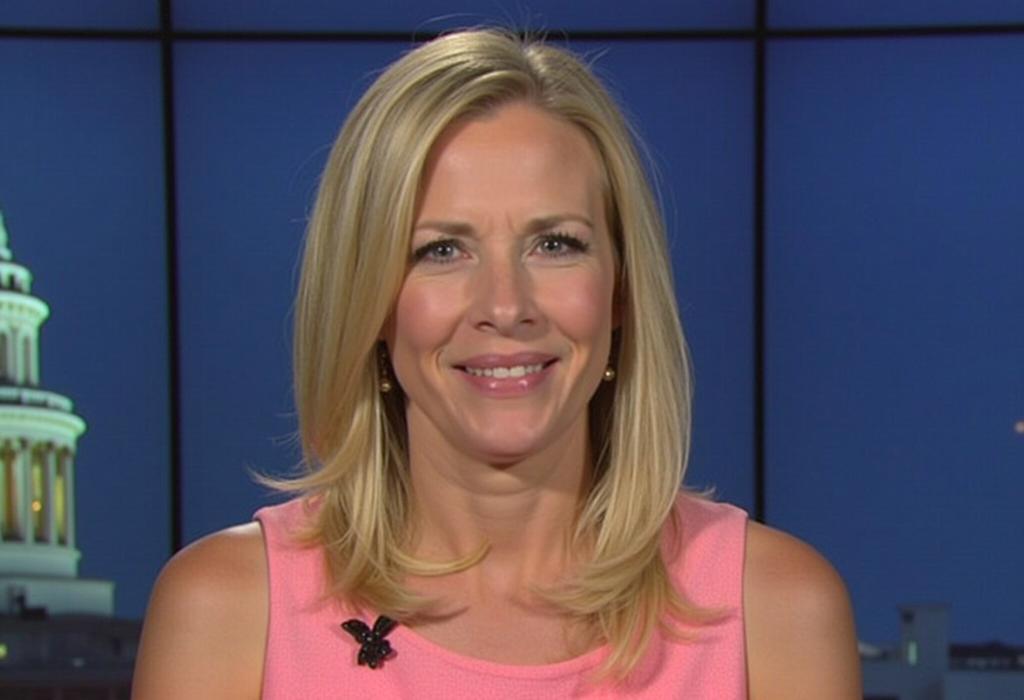In a recent appearance on 'Fox Report,' Rebecca Grant, Vice President of the Lexington Institute, detailed the nuanced and precarious nature of U.S.-Iran relations as nuclear talks proceed in Oman. The White House has characterized the ongoing discussions as 'very positive and constructive,' indicating a potential thaw in what has been a fraught geopolitical environment. Grant highlighted the military posture of the United States, which involves the strategic deployment of B-2 stealth bombers and aircraft carriers in the Middle East—a clear signal to Iran.
The recent talks, hosted by Omani Foreign Minister Said Badr, lasted over two hours and focused on reducing tensions between the U.S. and Iran, particularly surrounding Iran's nuclear ambitions. Significant attention was drawn to the fact that Iran has been enriching uranium at alarming levels—up to 60% purity, just short of weapons-grade. In 2018, under Trump's administration, the U.S. exited the nuclear deal, leading to increased Iranian enrichment that raises red flags for global security.
Analysts like Gen. Jack Keane have claimed that Iran understands the seriousness of Trump's stance on military intervention should negotiations falter. The military pressure exerted by the U.S. appears to have compelled Iran to consider dialogue, as highlighted by Grant's assertion: "Iran either has to talk or get their nuclear facilities bombed." This statement alone underscores the heightened stakes involved in these discussions.
Iranian officials, including spokesperson Esmail Baghaei, have responded with warnings, suggesting that threats from the U.S. will lead to consequences, reflecting a mutual distrust that complicates the negotiation process. The reiteration by former Secretary of State Mike Pompeo that any deal necessitates the complete dismantling of Iran's nuclear program further emphasizes the stringent conditions that the U.S. is likely to impose moving forward.
As these nations prepare for their next meeting on April 19, the questions surrounding trust, commitments, and military readiness loom large over the negotiations. The time for Iran to make significant concessions appears critical, as the future of Middle Eastern stability might hinge on the resolve shown by both parties in the coming discussions.
AD
AD
AD
AD
Bias Analysis
Bias Score:
75/100
Neutral
Biased
This news has been analyzed from 17 different sources.
Bias Assessment: The article displays a noticeable bias in favor of a strong U.S. military stance, framing Iran as the provocateur in the negotiations while downplaying its historical and geopolitical context. Additionally, the reliance on predominantly U.S.-based voices and perspectives, particularly from Fox News and the Lexington Institute, amplifies this bias, presenting a one-sided view of a complex international issue.
Key Questions About This Article




